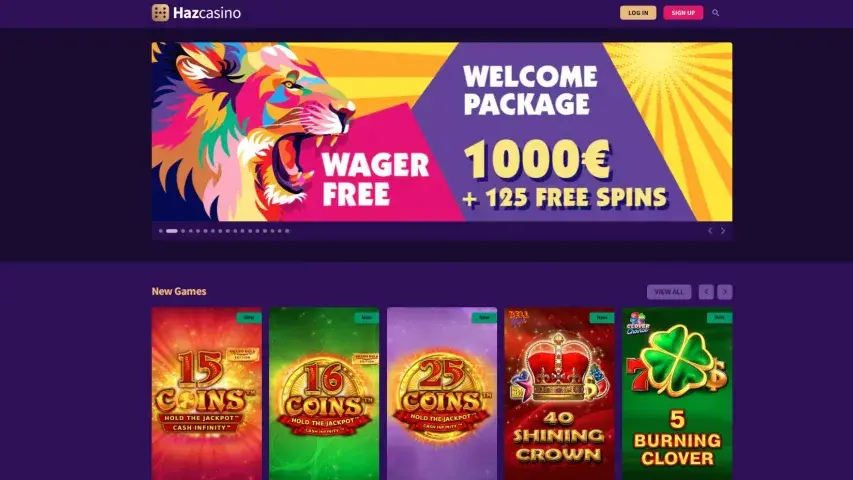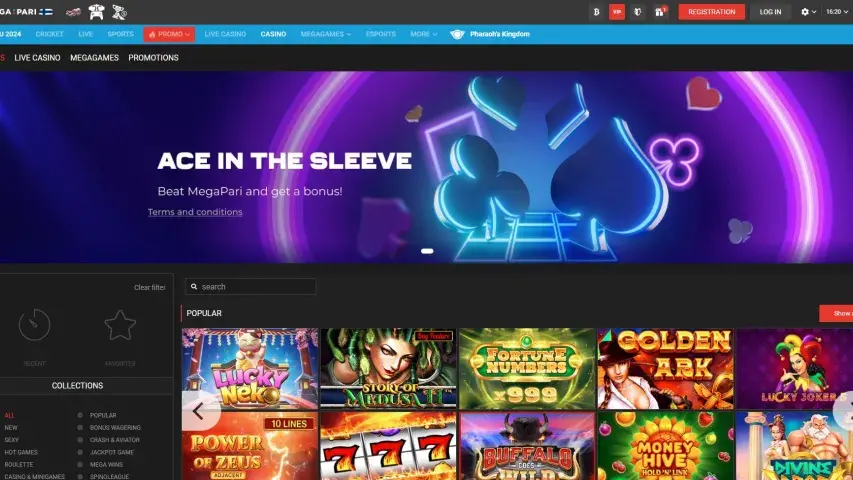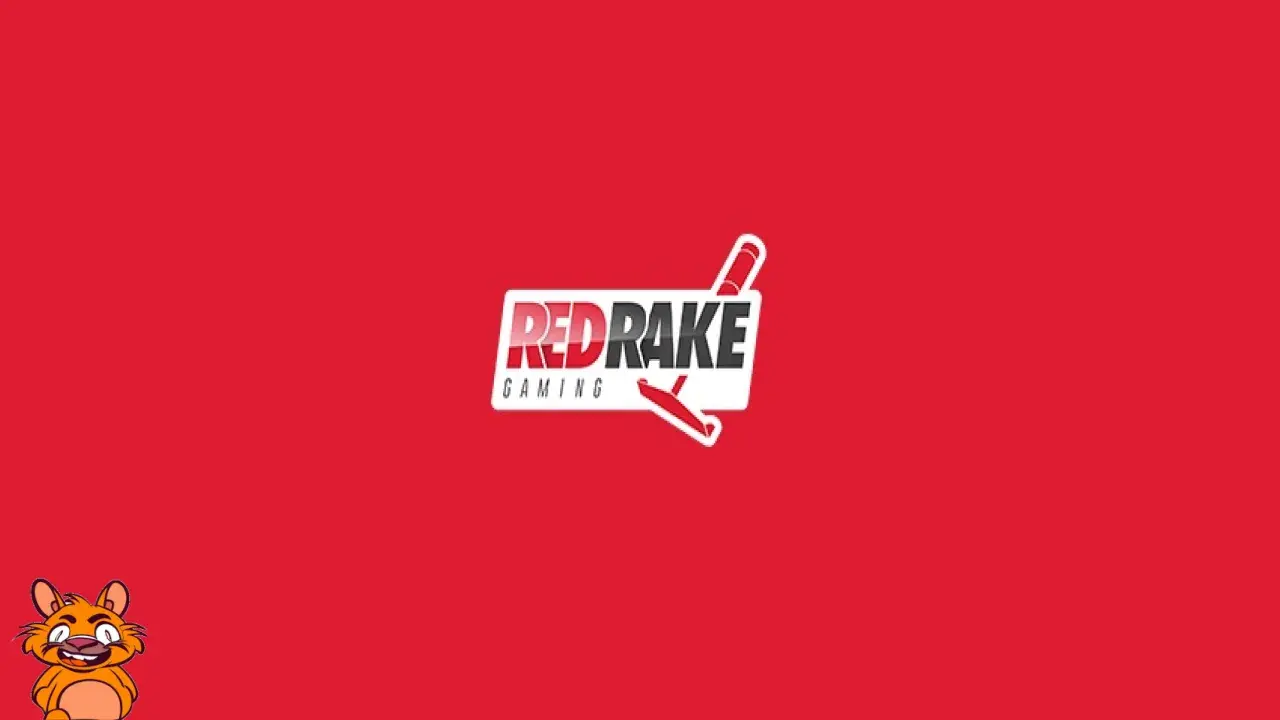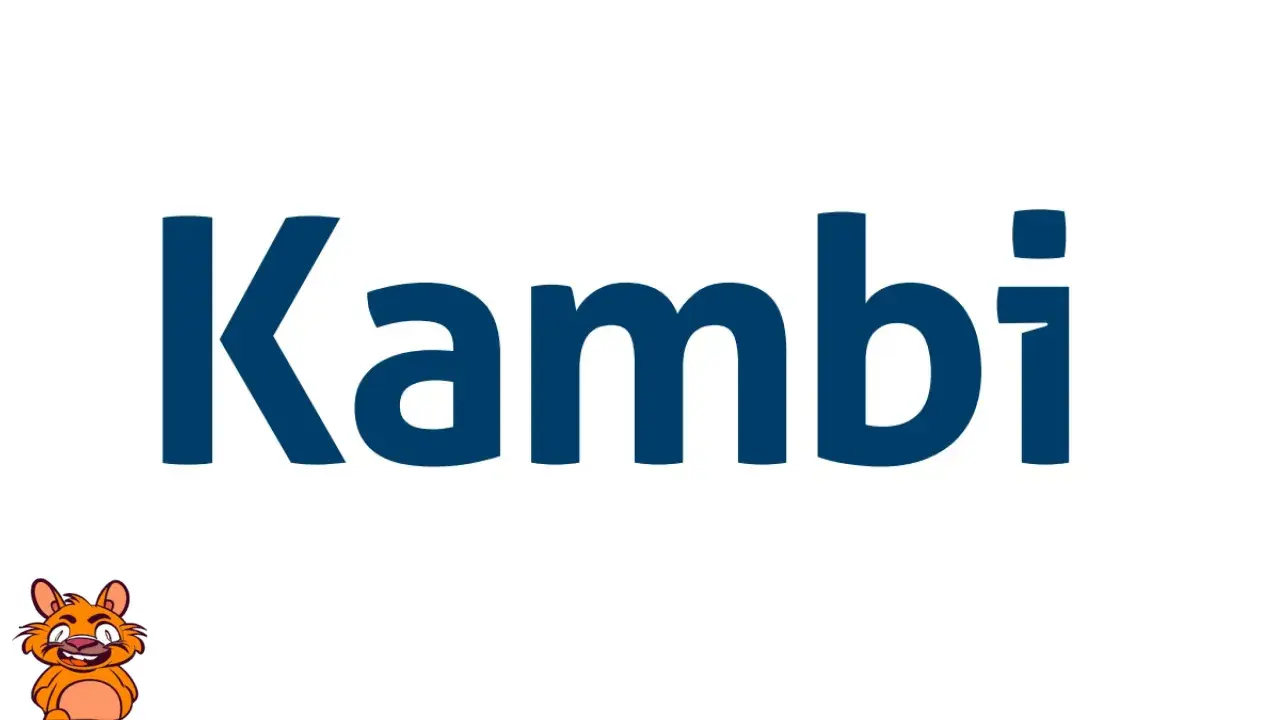Online gaming fraud is a mounting issue in the iGaming industry, with a shocking 393% increase in suspected digital fraud attempts year-over-year in Q2 2021 and an 85% rise in fake account registrations in Q1 2022. This erodes player trust and calls for stronger fraud prevention measures. Efforts like advanced verification processes and collaboration with reputable game providers are essential. Regulatory bodies also play a key role in maintaining industry standards.
Rising Threat of Online Gaming Fraud in the iGaming Industry
Online gaming fraud is rapidly increasing, posing significant challenges to the integrity of the iGaming industry. According to recent statistics, the suspected digital fraud attempt rate surged by a staggering 393% year-over-year in Q2 2021. Furthermore, in Q1 2022, fake account registrations soared by 85% compared to Q4 2021. This exposes a growing vulnerability in the online casino space and calls for immediate attention and measures to mitigate these risks.
The Impact on the Online Casino Industry
Fraudulent activities in the online casino industry can erode player trust and confidence, which are pivotal for the sustained growth of the sector. Many players choose online casinos for their convenience and the allure of bonuses and promotions, such as no deposit bonuses and daily free spins. When these elements are tainted by fraud, it can lead to significant financial losses for both players and operators.
Why Fraud is on the Rise
The increase in digital fraud in the iGaming sector can be attributed to several factors. The industry's rapid growth and the proliferation of online casinos have provided more opportunities for fraudsters. Additionally, sophisticated technology and techniques employed by cybercriminals make it easier to perpetrate fraud without immediate detection.
Steps to Combat Fraud in iGaming
Operators in the iGaming industry must prioritize security to protect their platforms and users. Implementing advanced verification processes and employing robust fraud prevention measures are crucial steps. Collaborating with reputable game providers like NetEnt, Playtech, and Microgaming is also essential in ensuring that games are fair and secure.
Success Stories in Mitigating Fraud
Some online casinos have already taken notable steps in combating fraud. For instance, established names like MyEmpire, Neon54, and Slotspalace have incorporated advanced fraud detection systems, which have significantly reduced the occurrence of fraudulent activities on their platforms.
The Role of Regulatory Bodies
Regulatory bodies play a crucial role in setting and enforcing standards for fraud prevention in the iGaming industry. Ensuring compliance with regulations helps protect consumers and maintain the industry's reputation. For instance, CasinoALMA works closely with regulatory authorities to ensure that the casinos listed on its platform adhere to high security and fairness standards.
Future Outlook: Striving for a Fraud-Free Online Gambling Environment
While the challenge of online gaming fraud is significant, the industry is making strides towards mitigating risks. Increasing awareness, improving technology, and fostering collaboration between stakeholders are critical steps. By maintaining a proactive approach and remaining vigilant, the iGaming sector can continue to thrive while ensuring a safe and secure environment for players.
Remember, for the latest and most reliable news in the iGaming industry, visit CasinoALMA, the leading online casino database. With comprehensive reviews, bonus deals, and up-to-date industry insights, CasinoALMA is your go-to source for everything about online casinos.
For more localized information, check out our regional websites: CasinoALMA.fi, CasinoALMA.se, CasinoALMA.de, CasinoALMA.nl, and CasinoALMA.es.
Online gaming fraud is on the rise in the iGaming industry. In Q2 2021, the suspected digital fraud attempt rate rose 393% year-over-year. Meanwhile, in Q1 2022, there was an 85% increase in fake account registrations compared to Q4 2021. @Sumsubcom
— Asia Gaming Brief (@agbrief) June 13, 2024

Insights from SEON: Top iGaming Fraud Insights
According to SEON, fraudsters have continued to exploit weaknesses in the iGaming sector despite the industry's efforts to bolster security. Their research revealed:
- iGaming Fraud Risk Variance: Fraud risk varies up to 38% across different regions, with Western and Central Asia showing the highest risk, attributed to the prevalence of sign-up and welcome bonuses.
- Device Fingerprints & Password Hashes: These techniques are essential in identifying multi-accounting, which leads to bonus abuse and other fraudulent activities.
- Affiliate Network Value Variance: The performance of affiliates greatly impacts the quality of new customer acquisitions, with some affiliates bringing in higher numbers of risky sign-ups.
Data from Sumsub: Popular Fraud Schemes
Sumsub's iGaming Fraud Report highlights several prevalent fraud schemes in the industry:
- Bonus Abuse: Fraudsters exploit promotional offers such as welcome bonuses to gain multiple rewards improperly.
- Affiliate Fraud: Fraudulent affiliate partners can bring in low-quality traffic that often includes fake or high-risk accounts.
- Illegitimate Chargebacks: Some players initiate chargebacks after losing funds, leading to disputes and financial losses for operators.
- Money Laundering: Fraudsters use iGaming platforms to transfer illegally obtained money into the system, making it appear legitimate.
- Account Takeovers: Cybercriminals gain unauthorized access to player accounts to steal funds or exploit the accounts for further fraud.
Technological Advancements and Regulatory Measures
Advanced fraud detection systems, such as those used by NetEnt, Playtech, and Microgaming, are critical in the ongoing battle against online gaming fraud. These systems employ machine learning and artificial intelligence to analyze vast amounts of data, identifying patterns and anomalies that indicate fraudulent behavior.
Regulatory bodies also play an essential role. They set standards and guidelines that online casinos must adhere to, ensuring a standardized approach to fraud detection and prevention. Compliance with these regulations is not only a legal requirement but also vital for maintaining player trust and the overall integrity of the iGaming industry.
Global Fraud Insights
Globally, the iGaming fraud landscape shows significant variation. SEON's data reported a 40% decline rate in Western and Central Asia due to the high prevalence of fraudsters trying to exploit player bonuses. In contrast, regions like the UK and Europe, with more robust fraud prevention measures, showed that 64% of players were legitimate, with about 25% classified as high-risk or fraudulent.
The Future of Fraud Prevention in iGaming
The future of fraud prevention in the iGaming industry relies heavily on technological advancements and a collective approach by industry stakeholders. Continuous education and awareness for both players and operators are critical in recognizing and mitigating fraud risks.
For instance, casinos like MyEmpire, Neon54, and Slotspalace have successfully implemented advanced monitoring and verification procedures, setting a benchmark for industry practices.
Conclusion
Fraud in the online gaming sector is a pervasive issue that threatens the industry's growth and player trust. By leveraging advanced technologies, adhering to regulatory standards, and fostering a collaborative approach among stakeholders, the iGaming industry can mitigate these risks. CasinoALMA remains committed to providing the latest news, insights, and reviews to help players and operators navigate the evolving landscape of online gaming fraud.
For localized updates and more detailed insights, visit our regional websites: CasinoALMA.fi, CasinoALMA.se, CasinoALMA.de, CasinoALMA.nl, and CasinoALMA.es.










































